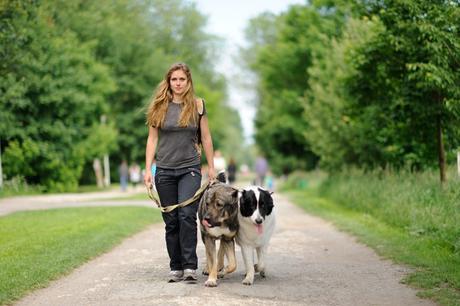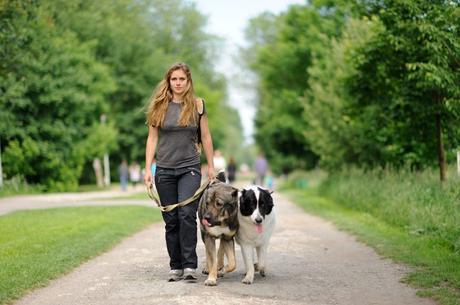
Dogs, much like people, can behave badly, and the secret to dealing with such behaviour is understanding what causes it. No dog is inherently bad, and the way a dog is treated will often reflect in their behaviour, and with that in mind, here are a few dog behavioural issues along with suggested remedies.

- Excessive Barking - Dogs bark; it's their way of vocalising, yet if a dog barks all the time, this can be very anti-social and will certainly upset the neighbours. The first thing to do is try to identify the cause, which might be over-excitement, as a warning, attention-seeking, anxiety, boredom, or responding to other dogs. If you address the underlying cause, in most cases, the barking will cease. Regarding your dog's well-being, you are advised to take out pet insurance, and with an online search, you can easily find a leading Australian provider who would have a range of policies to suit every budget.
- Jumping Up - Usually a sign of over-excitement, when a dog jumps up, it can be embarrassing if a stranger is suddenly covered in mud, and this can be a difficult habit to stop. Pushing him down might work, or he might think it is a game, which will reinforce the behaviour, and the best results usually come from ignoring the dog until he is calm. Avoid eye contact and walk away, and only when he is calm should you respond with affection, which should help him to understand that you don't like him jumping up.
- Chewing - This is perfectly natural for an animal that relies heavily on his teeth, especially a puppy, and rather than trying to stop the chewing, provide him with chew toys, and with consistent responses when he chews something he shouldn't, he should get the message. Obviously, you should remove shoes and other items that he might chew, and if he has at least one chewy toy, this should solve the problem.
- Chasing - This is a natural predatory behaviour, and your dog might chase cats, other dogs, or even vehicles, which can be very dangerous. For safety reasons, if your dog likes to chase, keep him on a leash when out and about, and persistence is required to stop this behaviour. As soon as he sets off, you must recall him and eventually, he will get the message.
- Aggression - Usually, when a dog displays aggressive behaviour, it is linked to past environments, and with breeds like pitbulls and rottweilers, the dog might be aggressive because it was reared that way. Many young families have pitbulls and the dog is loving and gentle because it was brought up in a loving environment. Aggression could be due to heath issues, so check with the vet of the aggressive behaviour continues, and it might also be connected with anxiety.
Dog training will ensure that your pet does not pick up bad habits, and if you struggle with teaching your dog, enrol in local dog training course, which will soon bring positive results.

